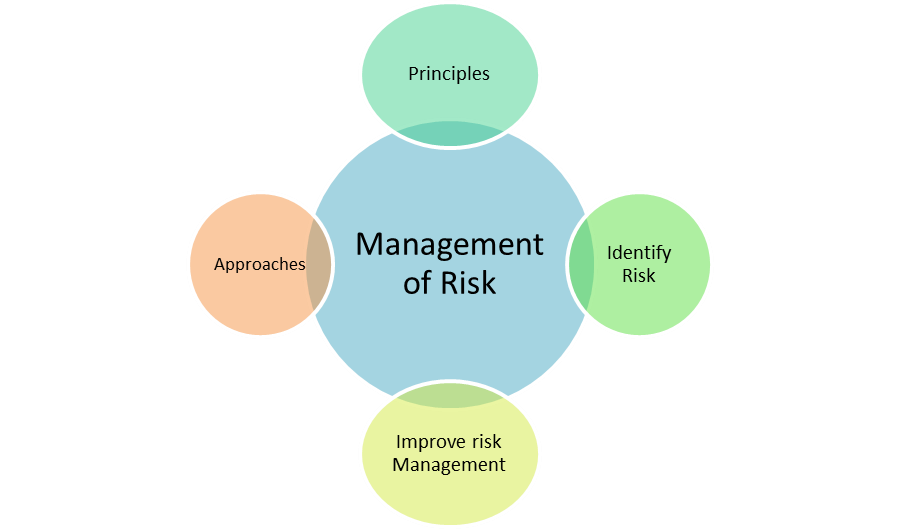Darlington in England lies on River Skerne – a tributary of River Tees. The development of the town has mainly been due to the influence of Quaker families in the Georgian and Victorian era who helped with both finance and vision. They also helped to develop the Stockton and Darlington Railway which was the world's first permanent passenger railway. It was also the world’s first steam locomotive powered rail.
The settlement started off as an Anglo-Saxon settlement and even the name “Darlington” derives from the Anglo-Saxon “Dearthington” meaning “the settlement of Deornoth's people”. In 1183, it was an important market place but by the 19th century, it was reduced to a small market town.
The number of seats, in 1939, per head of population in the United Kingdom was the maximum. The city centre went a full refurbishment entitled The Pedestrian Heart, which has seen the majority of the town centre pedestrianised. Initially, people criticised the changes to public transport and removal of Victorian features along High Row. In 2014, the town saw The Majestic, one of the old cinemas, being revamped into a playhouse and theatre.
The King's Hotel, in August 2008, was engulfed by fire, as a result, damaging the roof and 100 bedrooms. Several nearby shops were damaged and remained closed for weeks after the fire. There were no casualties but the hotel could not be re-opened before 2012.
Government
The Borough of Darlington became a unitary authority area in 1997 when the Darlington Borough Council was formed.It separated from the non-metropolitan county of Durham for administrative purposes only, with the town is still coming under the County Durham for ceremonial purposes. Currently, Darlington is a Labour seat, Jenny Chapman, holding this seat. Alan Milburn, the former Secretary of State for Health under the Tony Blair Labour Government and Michael Fallon, the current Secretary of State for Defence under the David Cameron Coalition Government have been former MP’s for Darlington.
Transport
Airport
The Durham Tees Valley Airport which lies around is 5 miles east of Darlington town centre is the airport serving Darlington. The airport was initially known as Teesside Airport until 2004 as it also serves Teesside along with Darlington. The airport has domestic as well as international flights with the international flights available for many locations across Europe.The airport also has a Fire Training Centre that trains many airport firefighters from all over the UK. The nearest airports are Newcastle Airport (42.3 miles (68.1 km)) and Leeds Bradford International Airport (62 miles (100 km)).

 ENQUIRE
ENQUIRE
 REQUEST CALLBACK
REQUEST CALLBACK
 GET A FREE QUOTE
GET A FREE QUOTE


 Introduction
Introduction Course Details
Course Details Course Content
Course Content






 London
London